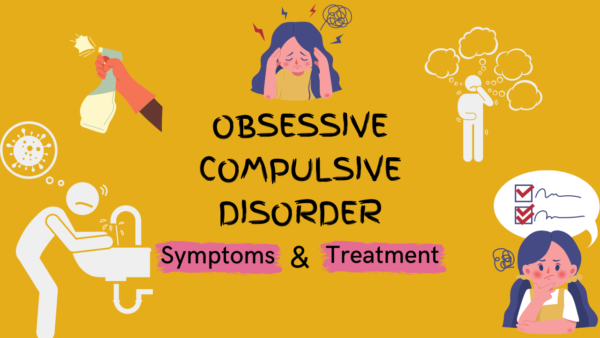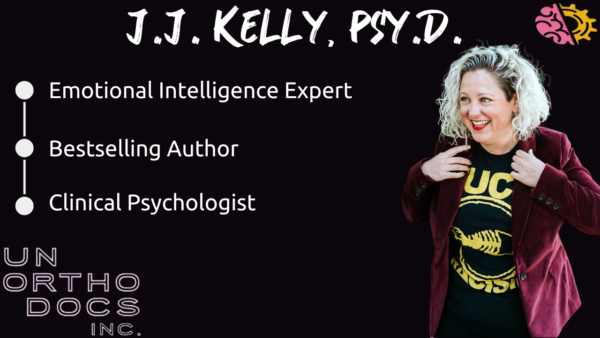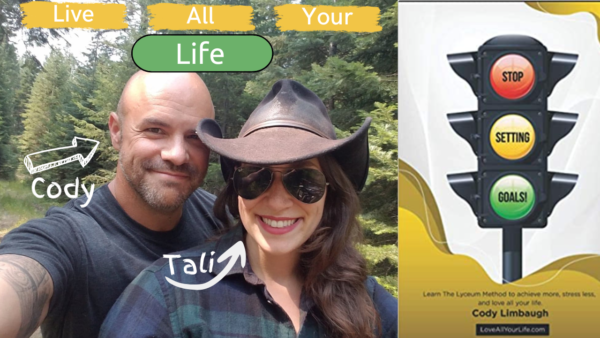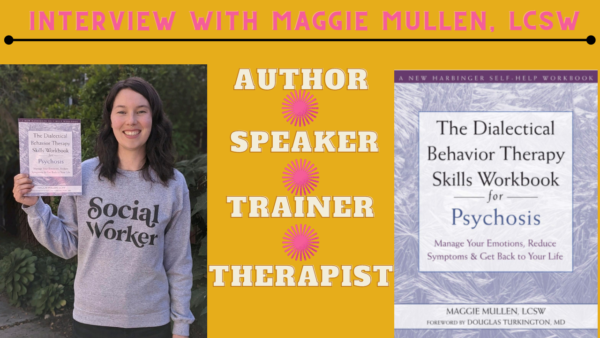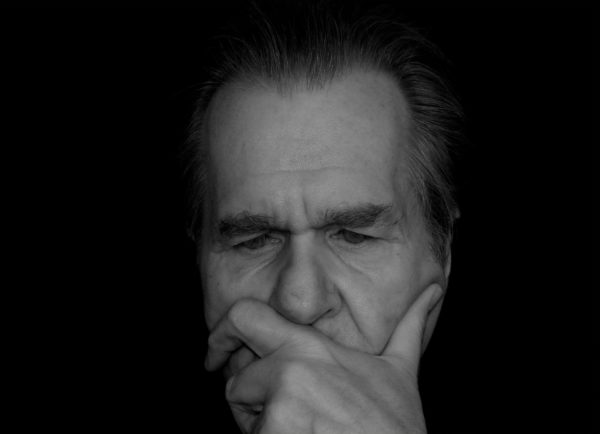In this episode of the Mental Health Toolbox, we are talking with OCD and Anxiety specialist, Andrew Cohen LMFT on Obsessive Compulsive Disorder (OCD) -What it is and how to treat it.
How To Use Emotional Intelligence To Improve Self-Esteem: With Dr. J.J. Kelly, Psy.D.
In this episode of the Mental Health Toolbox, we are talking with Clinical Psychologist Dr. J.J. Kelly, AKA, The Punk Rock Doc, on the importance of learning emotional intelligence skills for improving our self-esteem.
Stop Setting Goals, Do This Instead, With Cody Limbaugh
In this episode of the Mental Health Toolbox, we are taking with personal development and fitness coach, author of Stop Setting Goals, and creator of the Lyceum method, Cody Limbaugh.
Taking The Fear Out Of Immigration, With Attorney Hillary Walsh
In this episode of The Mental Health Toolbox, we are talking with leading immigration attorney, Hillary Walsh.
Dialectical Behavior Therapy Skills Workbook For Psychosis (Interview With Author Maggie Mullen, LCSW)
In this episode of the Mental Health Toolbox, we are talking with author, speaker, trainer, and seasoned therapist, Maggie Mullen, on her new book Dialectical Behavior Therapy Skills Workbook For Psychosis.
Identifying Your Healthy Thoughts
You see, it is hard to jump right into identifying your healthy and helpful thoughts, because they are often pre-cursors to our emotions, and reactions to events; they are how we interpret the circumstances around us. Thus, it is often easier to search out emotions and correlated events and work backwards to explore our associated thought process.
Exploring the Evidence for Your Thoughts
In this post, we will be going one step beyond thought tracking, and move into thought challenging. Learning to track your thoughts and your mood via use of mood scales, or a related tool, was a preliminary step, because next we will need to write them down and put them in the hot seat (meaning we will seek out facts to either support or negate their claims).
Identify Your Unhealthy Thought Patterns
In this post I will cover some of the most common unhealthy thinking pattens and how to examine, challenge and replace them with more relevant and accurate thoughts true to their context, versus those that are pulled from a reference of past lived experience, such as a traumatic event.
Learn The Connection Between Thoughts and Emotions.
These are the fundamental coping skills for depression and anxiety. Learn the connections between your thoughts, behaviors, communication, relationships and your mood and how to be more effective in them and improve your quality of life.

